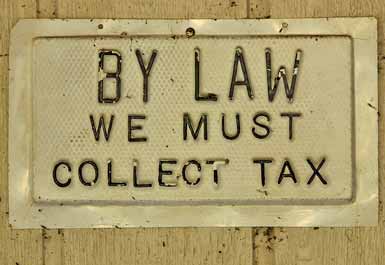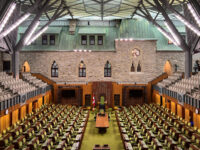U.S. concerns with Canadian digital policy continues to mount with both the U.S. Administration and Senators from both parties raising fears of discrimination. U.S. pressure seems likely to grow as the issue emerges as a major irritant in the bi-lateral trade relationship with Canada’s most important trading partner. With U.S. President Joe Biden scheduled to visit Ottawa later this winter, it seems likely that digital policy – particularly a proposed digital services tax, Bill C-11, and Bill C-18 – will be on the agenda at the meeting.
The latest signals came last week at a bilateral meeting between U.S. and Canadian trade officials. The U.S. readout of the meeting states:












